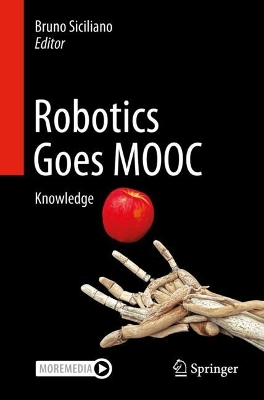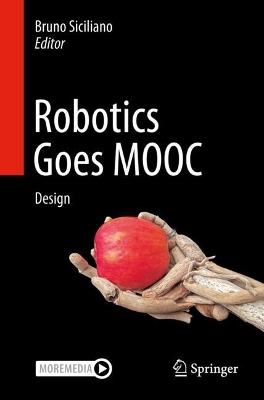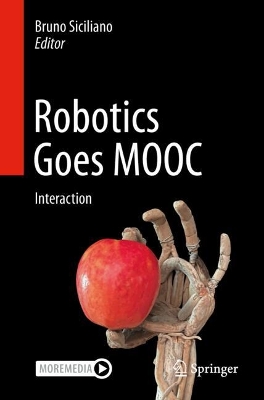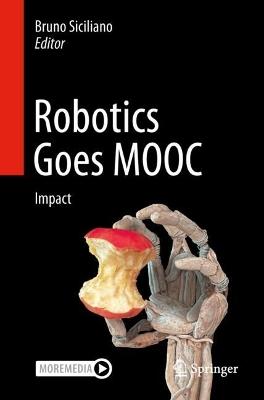Machine Learning Control - Taming Nonlinear Dynamics and Turbulence
 -15%
portes grátis
-15%
portes grátis
Machine Learning Control - Taming Nonlinear Dynamics and Turbulence
Brunton, Steven L.; Noack, Bernd R.; Duriez, Thomas
Springer International Publishing AG
04/2018
211
Mole
Inglês
9783319821405
15 a 20 dias
3999
















